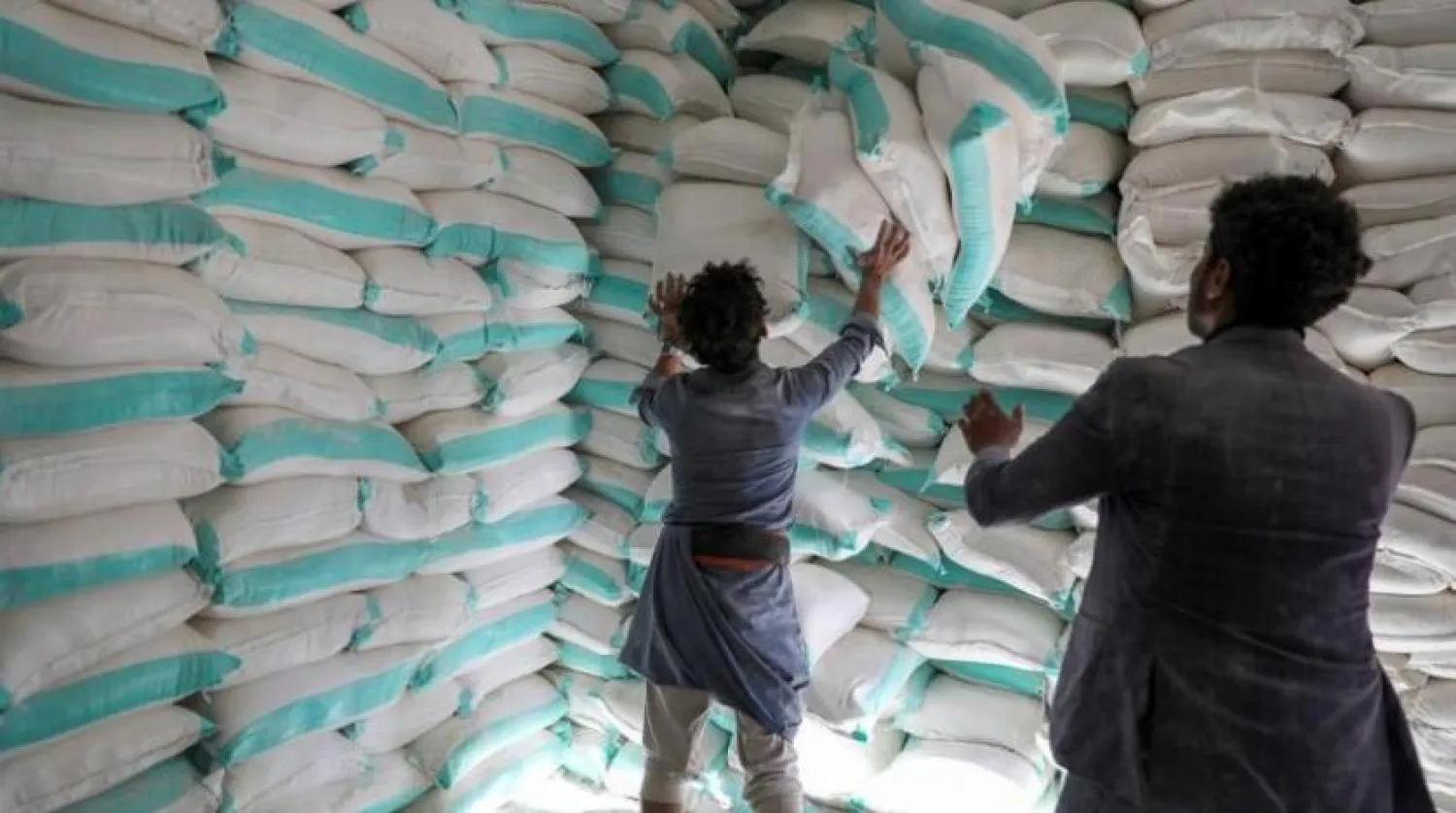The Yemen Humanitarian Fund (YHF) helped to address the needs of around 6 million people in Yemen, which remains one of the world’s worst humanitarian crises, the Fund’s 2021 Annual Report revealed.
“The funding made it possible to allocate more than $109 million to support almost 5.8 million people in need through 106 projects implemented by 51 partners across 21 governorates in Yemen,” it said.
Also, 25 donors contributed over $96 million to the Fund in 2021, making it one of the largest OCHA-managed country-based pooled funds (CBPFs) in the world.
According to the report, the Fund focused last year on the most vulnerable people, including minority groups and persons with disabilities.
It helped sustain life-saving basic services and supported the delivery of food, nutrition assistance, protection and other critical supplies to millions of destitute people.
Also, the Fund’s flexibility enabled it to quickly inject funding to support the response to new displacement in Marib Governorate, provide fuel to critical health services and water networks, and sustain common humanitarian emergency services such as UNHAS.
“Humanitarian needs continued to deepen in 2021, driven by escalating conflict and a spiraling economic crisis,” the report said, adding that the situation was made worse by torrential rains and flooding, a protracted fuel crisis and the COVID-19 pandemic.
According to William David Gressly, UN Resident and Humanitarian Coordinator Yemen, the Fund strived to leave no one behind.
In May 2021, a rapid response allocation of nearly $40 million supported UN agencies and partners’ response to large-scale displacement and worsening living conditions of displaced populations in Al Jawf and Marib Governorates.
Gressly said that the Fund enabled the immediate scale-up of the response capacity by providing air transport and logistics support for humanitarian partners and delivering life-saving, multi-sectoral services.
“This was complemented by the first YHF allocation of $50.4 million in June, which supported life-saving shelter and Emergency Shelter/Non-Food Items assistance, the provision of rental subsidies for vulnerable displaced people and minority groups, and gender-based violence prevention and response interventions in the two governorates,” Gressly said.
The UN Coordinator added that YHF continued implementing an area-based and integrated response, focusing on multi-cluster interventions in Taiz, Al Hodeidah and Marib Governorates.
“These three governorates, which combine multiple levels of vulnerabilities, received $103 million out of the joint $149 million allocated by YHF and CERF,” he noted.
This year, Gressly stressed that the Yemen Humanitarian Response Plan (YHRP) requires $4.27 billion to reverse a steady deterioration of the humanitarian situation.
He said the Fund targets 17.3 million out of the 23.4 million people in need of life-saving humanitarian assistance and protection services.
The UN coordinator also projected that a record of 19 million people would require food assistance in the second half of 2022 with vulnerable population groups such as women, children, displaced people and persons with disabilities being the hardest hit.
Gressly stressed that extremely worrying projections indicate that the number of people experiencing catastrophic levels of hunger could increase five-fold, from currently 31,000 to 161,000 people over the second half of 2022 unless immediate action is taken, and funding provided to avert the imminent disaster.









